Get Your Fair Cash Offer: Start Below!








Thinking Of Selling Your Foreclosed House In Florida?
Looking to sell your foreclosure property in Florida?
If you’re interested in selling your foreclosure house, we’re prepared to provide you with a fair offer.
100% FREE! Find Out How We Make Our Offers!
No middlemen. No fees or commissions. No Inspections.
When is it too late to stop foreclosure in Florida?
When is it too late to stop foreclosure in Florida?
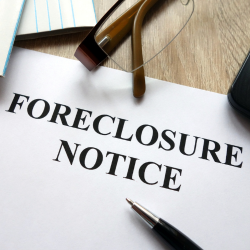
Act before it is too late to save your house.
When facing foreclosure, it’s common to have questions and concerns. Foreclosure can be a stressful and exhausting experience, with tight legal deadlines to navigate. Homeowners often find themselves racing against the clock to prevent the bank from repossessing their home.
Foreclosure can be divided into three distinct phases, each with its own timeline that determines the progression to the next phase.
- Pre-Foreclosure: This is the period when you have fallen behind on mortgage payments but the bank has not yet filed a foreclosure lawsuit with the court.
- Foreclosure Sale: At the conclusion of the foreclosure case, the property is sold through a public auction known as the “foreclosure sale.”
- Right of Redemption: In Florida, there is a “Statutory Right of Redemption” period that allows homeowners to reverse the foreclosure sale.
This blog explores each of these phases in detail, highlighting the time frames and deadlines you need to be aware of to effectively navigate the foreclosure process and protect your home.
Time To Stop The Foreclosure Lawsuit
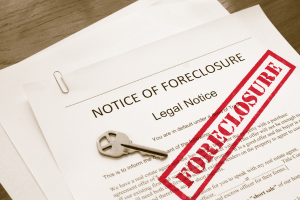
from the first missed payment
to filing a foreclosure lawsuit.
Are you in “pre-foreclosure” and hoping to prevent the bank from initiating a foreclosure lawsuit with the court?
“Pre-foreclosure” begins when you miss a mortgage payment. It’s the stage where the bank has informed you about the payment delinquency, but they haven’t taken legal action by filing a lawsuit in court yet. It’s important to stop foreclosure litigation before it even starts because going through a public foreclosure case can be time-consuming, stressful, and potentially costly, especially if you need to hire an attorney.
The duration of pre-foreclosure in Florida can vary depending on your specific situation. However, there is a minimum 120-Day “Loss Mitigation Period” mandated by the federal Dodd-Frank Act. This means that you have at least 120 days to work with the bank and explore options to avoid foreclosure before they can proceed with filing a foreclosure lawsuit.
Federal law has created a 120-day “Loss Mitigation Period” from the initial missed payment before the bank can initiate foreclosure procedures. In other words, you have 120-days from your missed payment until the bank can file a foreclosure lawsuit.
Check out what Lawyers.com had to say about the “Loss Mitigation Period”:
According to the Dodd-Frank Act, a servicer typically cannot initiate foreclosure proceedings on a borrower’s main home until the mortgage payments are more than 120 days late. The bank has to wait until the payment is overdue by at least 120 days. Once this time period has passed, the servicer can proceed with the foreclosure process as outlined in the state’s foreclosure laws. This involves publishing a notice of default and eventually selling the home at an auction.
If you want to extend the 120-day period, you can submit a “loss mitigation application” to the bank. To do this, reach out to your lender and ask to be connected with the Loss Mitigation Department. Once you’ve submitted the necessary documents and information, the lenders are required to assess your eligibility for loss mitigation. This review process can “delay” the bank from moving forward with the foreclosure litigation.
Key Takeaway: After missing a mortgage payment, you have a minimum of 120 days to prevent the bank from transitioning you from the “pre-foreclosure” stage to a public foreclosure lawsuit. During this 120-day period, you can potentially extend the timeline by submitting a loss mitigation application.
Time To Stop The Foreclosure Auction

take about 180-200 days
before going to public
auction – but can go much longer.
When the bank submits a “Notice of Default” and a legal complaint to the court, it marks the start of the foreclosure lawsuit moving forward towards a public sale.
According to Foreclosure.com:
The timeframe for completing an uncontested foreclosure typically ranges from around 180 to 200 days, depending on the court schedule. However, if the borrower contests the foreclosure, requests delays or adjournments of hearings, or files for bankruptcy, the process may be further delayed.
The duration of a foreclosure litigation can vary, and there is no exact timeframe for its conclusion. On average, it takes about 180-200 days until the judge approves an auction. However, if you decide to contest the case and raise defenses, the foreclosure lawsuit may extend beyond this average timeframe.
There are several common foreclosure defenses that you can consider:
- Lack of Standing: This defense questions whether the bank filing the foreclosure has the legal right to do so. You need to determine if the bank that filed the foreclosure is the one that actually suffered from the missed payments. If not, the standing defense could lead to the case being dismissed.
- Inadequate Notice: Typically, mortgages require the bank to notify you of default before initiating foreclosure. Once the case is filed, the bank must inform you that the case has been filed. You should evaluate if you were given sufficient notice throughout the process.
- Unclean Hands: To use the “unclean hands” defense, you need to demonstrate that the bank’s actions contributed to your foreclosure situation. It means showing that the bank did something to cause the foreclosure, such as engaging in fraudulent or illegal activities, acting in bad faith, or displaying unfair behavior.
- Improper Accounting of Mortgage Payments: Federal and state regulations dictate how payments and charges should be applied to mortgages. If the bank failed to follow these rules and regulations in accounting for your mortgage payments, you may have grounds to seek dismissal of the case.
- Failure to Comply with HUD Requirements: Lenders are obligated to inform homeowners about loan counseling options available through the U.S. Department of Housing and Urban Development (HUD) under the National Housing Act. If the lender failed to comply with these requirements, it could impact the validity of the foreclosure.
Contact an attorney to discuss all your legal options for fighting foreclosure in Florida.
Get Your House Back: Right of Redemption

brief opportunity to “redeem”
a house after foreclosure sale.
In Florida, there is a way to “stop foreclosure” even after the foreclosure auction has taken place. It’s called the “Statutory Right of Redemption.”
With the “Statutory Right of Redemption”, homeowners have the opportunity to undo a foreclosure sale that has already happened. Within a specific timeframe, usually less than 10 days, homeowners can pay off the entire debt, which includes the principal balance, costs, and interest, in order to regain ownership of the property. In some cases, the foreclosure court may specify a lesser amount that needs to be paid.
Pursuant to Florida Statute 45.0315 – entitled “Right of Redemption”:
You have the opportunity to stop a foreclosure sale by taking action before two important deadlines: when the court clerk files a certificate of sale or the specific time stated in the foreclosure judgment, order, or decree. To prevent the foreclosure sale, the borrower (mortgagor) or any party holding a lower-priority interest can resolve the outstanding debt. This can be done by paying the amount specified in the foreclosure judgment, order, or decree. If there hasn’t been any legal decision made yet, the borrower can fulfill their obligations under the security agreement to satisfy the debt and stop the foreclosure.
Simply put, you have a specific period of time to reverse the foreclosure. This time frame is determined by either the filing of the certificate of sale or the court’s order of foreclosure. The amount you need to pay to reverse the foreclosure is either specified in the foreclosure order or, if not specified, the total amount of debt you owe.
Ways To Avoid Foreclosure

option to stop foreclosure?
If you’re facing foreclosure, it’s important to explore all your options. You have the power to prevent foreclosure and protect your home and credit score if you take a proactive approach.
Here are some options to avoid foreclosure:
- Mortgage Workout: Work with your lender to modify the loan terms, making them more affordable for you.
- Selling Before Foreclosure: Pay off the mortgage by selling the property and keep any remaining cash.
- Deed-in-Lieu of Foreclosure: Transfer ownership of the property to the bank to satisfy the debt.
- Filing for Bankruptcy: Seek protection from creditors through bankruptcy, which can temporarily halt foreclosure proceedings.
- Disputing the Foreclosure: Assert any available legal defenses to challenge the foreclosure.
- Renting the Property: Generate rental income to cover your monthly mortgage payments.
- Florida Mortgage Assistance Programs: Explore financial and counseling resources available to assist with your mortgage.
We Buy Houses – Fair Cash Offers.
Call Us (786) 904-1444 or Fill Out This Form For Your Offer.
Get An Offer Today, Sell In A Matter Of Days…
"*" indicates required fields


“I cannot say enough about Chris and the team. Look no further! They got everything lined up smoothly and quickly from the beginning to the end. Took them just a few days to get us the cash for the house. I will definitely recommend to call Chris. God blessed you and your family.”
~ Daniel Jackson Fort Lauderdale, FL 

How To Get A Guaranteed Offer Today?
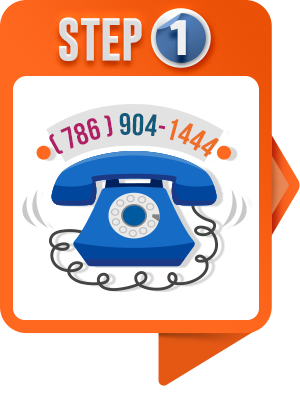
Request a cash offer and tell us
about your Florida property.

We’ll review your request and present
you with an all cash offer!
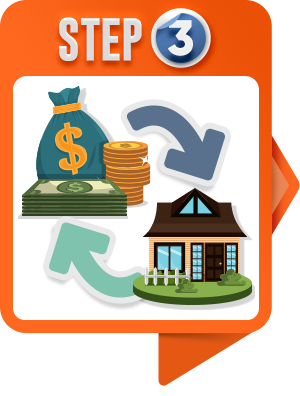
Then we’ll close at a local title company
on the date you choose.
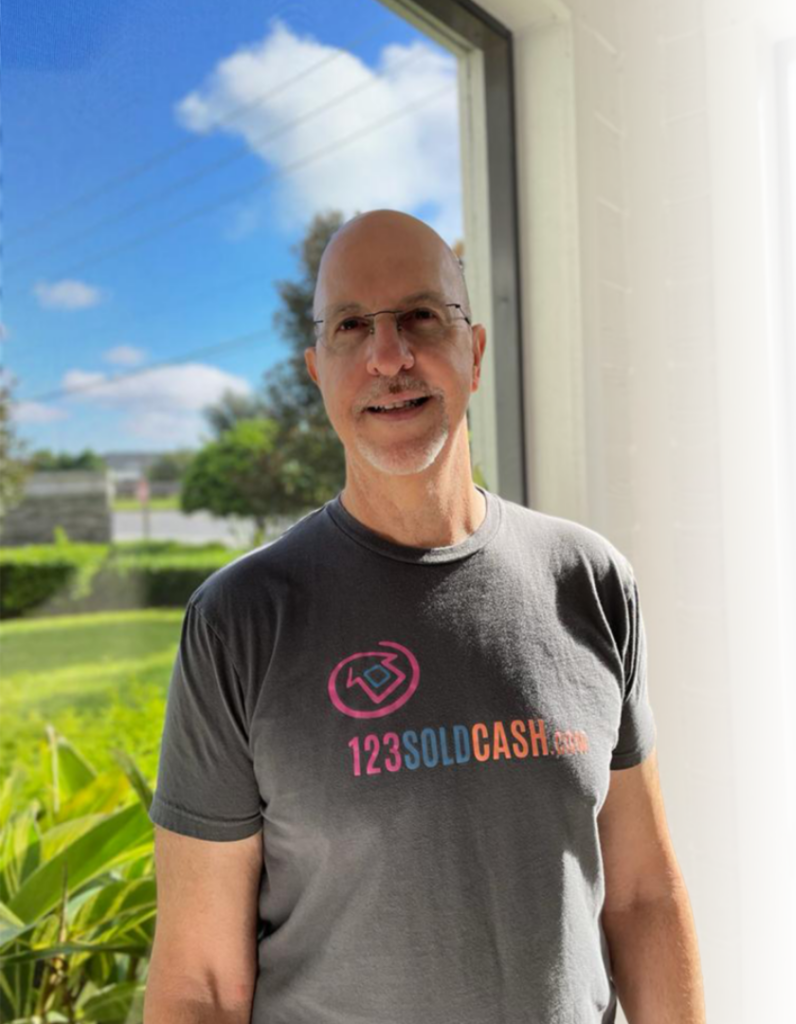
Need Fast Cash? Sell Your Foreclosure House In Florida.
 No Need to Make Repairs.
No Need to Make Repairs.
 No Need to Manage Showings.
No Need to Manage Showings.
 Avoid Housing Market Changes.
Avoid Housing Market Changes.
 Simple Process, No Stress!
Simple Process, No Stress!
 No Fees. No Commissions.
No Fees. No Commissions.
 Don’t Risk the Buyer Gets Cold Feet.
Don’t Risk the Buyer Gets Cold Feet.
Get An Offer Today, Sell In A Matter Of Days…
"*" indicates required fields
Providing quality offers in this space overrun by investors trying to give low offers is of utmost importance to us.
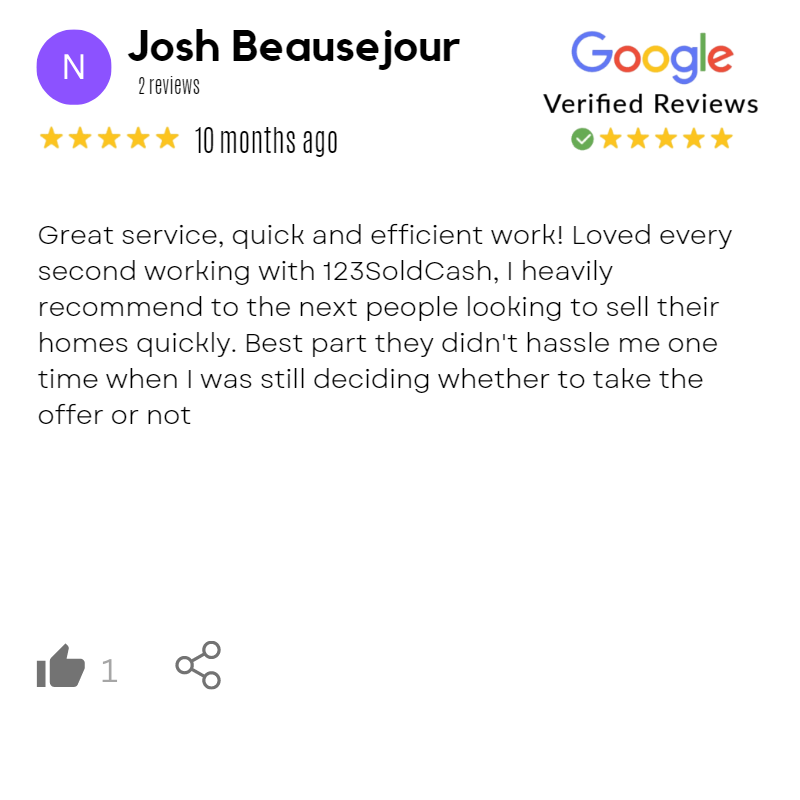
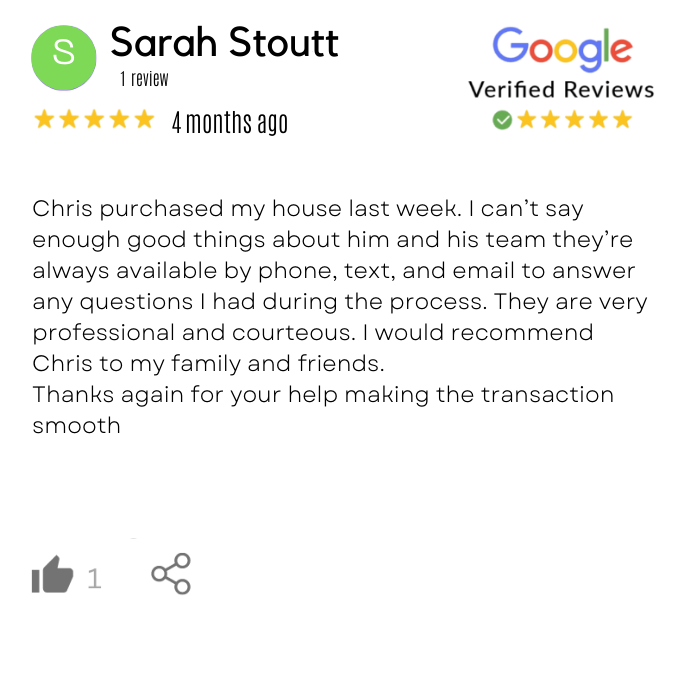
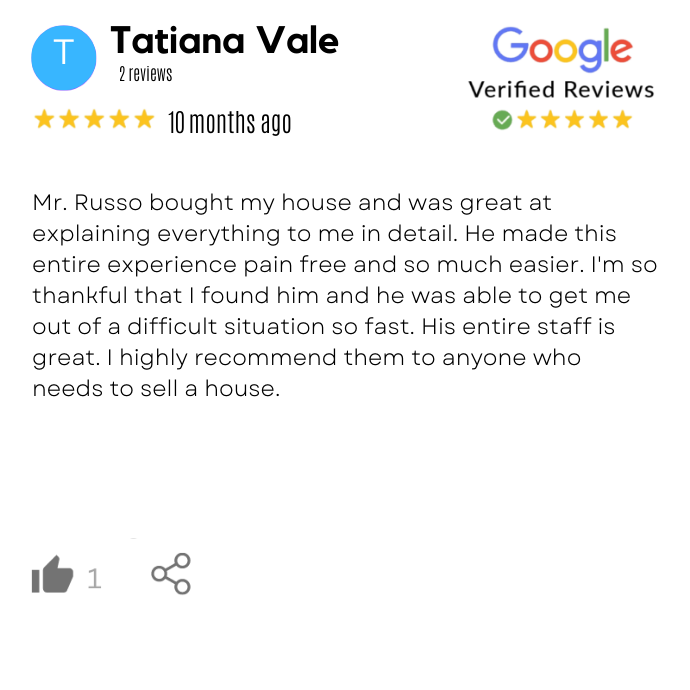

“Great service, quick and efficient work! Loved every second working with 123SoldCash, I heavily recommend to the next people looking to sell their homes quickly. Best part they didn’t hassle me one time when I was still deciding whether to take the offer or not”
~ Josh Beausejour ~ West Palm Beach, FL 

We Buy Houses In Florida AS IS In ANY Condition
No Matter The Situation.
Whether it’s probate, inheritance, or unwanted tenants, We Buy Any Houses in Florida. Forget about repairs, fixing, and cleaning. We’ll handle everything. When we say we buy houses as-is we mean it! Take what you want from the property and leave the rest!
 Yard full of junk?
Yard full of junk?
 Piles of clothes?
Piles of clothes?
 Old furniture?
Old furniture?
 Relatives and Tenants and friends?
Relatives and Tenants and friends?
Sell Your Foreclosure House With Confidence To Us!
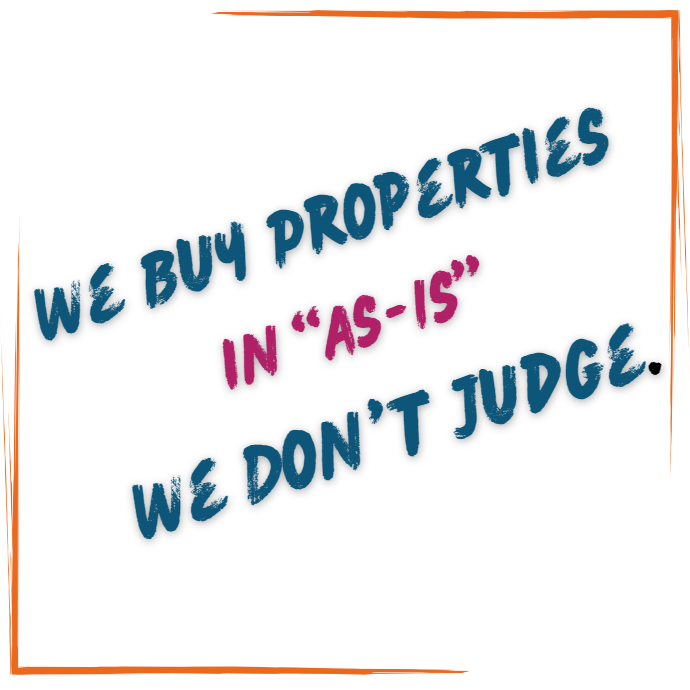
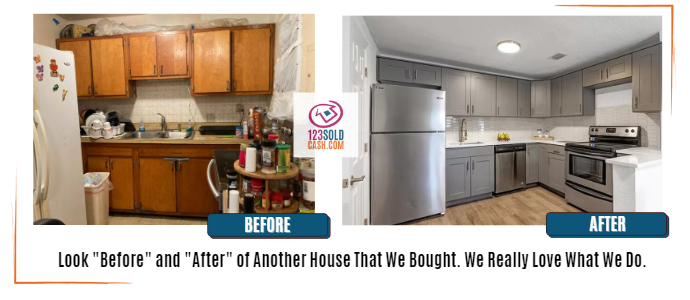

We understand it is important for you to know we are legitimate, capable, and honest home buyers in Florida. We have the highest number of 5-star customer reviews, with videos to back up authenticity. There is no doubt we do what we say we will do! We Will Buy Your House In Florida. Any Condition!
We are local and family owner company, fortunately, we are not agents. We are cash buyers. We are the ones actually buying the property in cash. This means we do not rely on bank financing, and you do not need to make any repairs. We buy your house in Florida as is. We make this process completely hassle-free and simple. Simply fill in the form on this page to find out exactly how much we would offer for your house in Florida. No obligation to accept our offer.
Disclaimer: The content presented in articles on 123SoldCash.com is intended solely for general informational purposes. While we strive to offer information in good faith, we do not make any express or implied representations or warranties concerning the accuracy, sufficiency, validity, reliability, availability, or comprehensiveness of the content on our website. For legal advice, always consult with your attorney to obtain personalized guidance.
Sell Your Foreclosure House In Florida And Pay No Agent Fees, No Repairs.
Find Out How The Home Buying Process Works!




